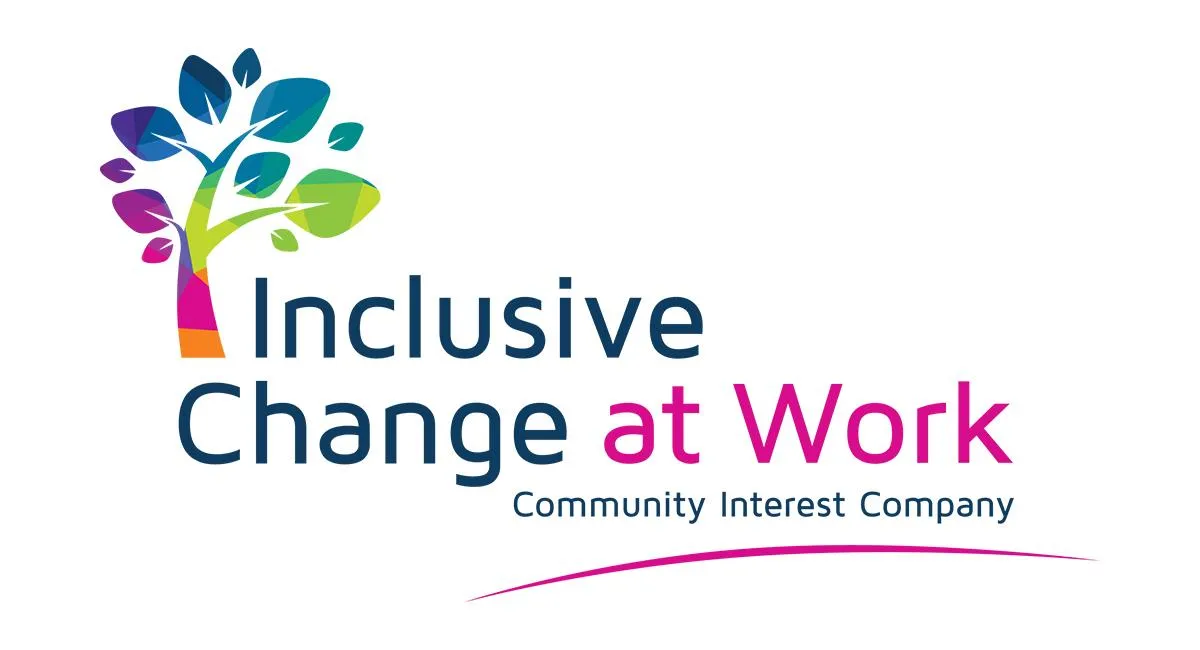Read our Blog
Find out more about our work & team
Learn more about neurodiversity

Understanding RSD
What is Rejection Sensitivity Dysphoria (RSD)?
Rejection Sensitivity Dysphoria (RSD) is an intense emotional response to perceived or actual criticism, rejection, or failure, often experienced by individuals with ADHD, autism, and other neurodivergent profiles. Unlike typical reactions to criticism, RSD can feel overwhelming, sparking feelings of shame, sadness, or frustration. For some, the fear of negative feedback or rejection can be so intense that it leads to avoidance of social interactions, criticism, or any situation where judgement might arise.
How Does RSD Affect Individuals?
People with RSD often feel emotional pain more acutely and may experience prolonged negative effects from even minor criticism or rejection. This sensitivity can influence self-esteem, personal relationships, and job performance. For instance, someone with RSD may react to a routine feedback session at work with intense self-doubt, anger, or distress, impacting their confidence and productivity. These feelings may also lead to coping mechanisms like perfectionism, people-pleasing, or withdrawal to avoid any potential criticism. RSD is not something that individuals can control through willpower alone, as it stems from deeply ingrained neurological and emotional processes.
Strategies to Regulate RSD
While RSD can be challenging, there are ways to manage it effectively:
Understanding that RSD is a neurological response rather than a character flaw can help individuals and those around them approach it with empathy. Awareness reduces self-blame and enables those affected to seek strategies and support without feeling they are overreacting.
Self-compassion exercises, such as mindfulness or journaling, can help individuals with RSD develop a kinder, more forgiving inner dialogue. Recognising that mistakes and rejection are part of human experience may help alleviate the intensity of emotional reactions.
3. Cognitive-Behavioral Techniques
Cognitive-behavioral approaches, including reframing thoughts and challenging negative beliefs, can help individuals see feedback as constructive rather than personal. Therapists or coaches specializing in neurodiversity can provide tools to reshape responses to perceived criticism.
4. Structured Feedback and Communication
For those working with or managing individuals with RSD, using structured feedback models like Inclusive Change’s C.H.A.N.G.E framework can be instrumental. Managers can approach feedback compassionately, focusing on growth, setting clear expectations, and maintaining open dialogue to help minimize anxiety related to criticism.
5. Seeking Professional Support
Therapists trained in ADHD, autism, and RSD-specific challenges can help individuals develop resilience and coping mechanisms. Accessing supportive communities and professional networks may also reduce feelings of isolation and provide practical strategies for handling RSD in day-to-day life.
A Compassionate Approach to RSD
RSD may present unique challenges, but with understanding and the right support, individuals can learn to navigate their emotional responses more effectively. Compassionate approaches, both from oneself and from others, can create a foundation for growth, resilience, and a stronger sense of self-worth.
For additional resources and tailored guidance on supporting neurodivergent individuals in the workplace, consider reaching out to Inclusive Change. We offer workshops, toolkits, consultancy and professional support to help individuals and organisations build a supportive and inclusive environment for everyone.
Links for support:
Mind – Mental Health Support for ADHD and Autism
Mind offers a variety of mental health resources that include support for individuals dealing with emotional dysregulation, a core aspect of RSD. They provide guidance on understanding and managing intense emotions:
Mind - Mental Health Resources
ADHD Foundation UK
This charity provides resources and information on ADHD, including workshops and support materials that can be useful for understanding RSD and managing emotional sensitivity:
National Autistic Society (NAS)
NAS offers resources for those on the autism spectrum, including guidance on managing rejection sensitivity and emotional challenges. They have information for individuals, families, and employers to help foster a supportive environment:
National Autistic Society - Emotional Support
Anna Freud National Centre for Children and Families
The Anna Freud Centre provides support for young people and adults dealing with mental health challenges, including anxiety and self-esteem issues linked to RSD. They also offer a range of self-help resources and information for parents and caregivers:
YoungMinds – Mental Health Support for Young People
YoungMinds has resources for young people, including those dealing with intense emotions and low self-esteem often associated with RSD. They provide resources for understanding and managing emotional responses:
Inclusive Change – Neurodiversity Workshops and Toolkits
Inclusive Change offers specialised workshops, toolkits, and consultation services to support neurodivergent individuals and their employers in managing RSD and fostering an inclusive work environment:
For enquiries for professional support services, get in touch at [email protected]

A Journey of Neurodiversity Advocacy and Change
Read Lucy Smith's story through an interview with Golden Valley.
Lucy talks about how she became an advocate for neurodivergent people, what drives her to try and make changes for neurodiverse employees and how her own personal experiences with her neurodivergent family have shaped her views and direction in life.

Women in the Middle® Entrepreneurs:
EP #52: Sharing the Positives About Neurodiversity with Lucy Smith.
Suzy Rosenstein, a master life coach, hosts a podcast called Women in the Middle Entrepreneurs, a podcast where these important conversations about the intersection of being a midlife entrepreneur who's also a woman 50 plus can happen.
Coaching & Virtual Assistant Support
Enhance your professional skills and productivity with our coaching and virtual assistant services, designed to empower you in the workplace.
Mentoring
Connect with experienced mentors who will guide and inspire you on your journey to success, providing valuable insights and support along the way.
Work Support
Benefit from personalised support in various aspects of your work life, ensuring a conducive and inclusive environment for your growth and progress.
Interview Support
Prepare for interviews with confidence and poise, with our interview support services aimed at helping you showcase your talents and abilities effectively.
Inclusive Change At Work CIC
Bradbury House
Wheatfield Road
Bradley Stoke
Bristol
BS32 9DB
Companies House: 13271923
ICO registration: ZZB293922
UK register of Learning providers
UKRLP: 10090653

Facebook
LinkedIn
X
Instagram